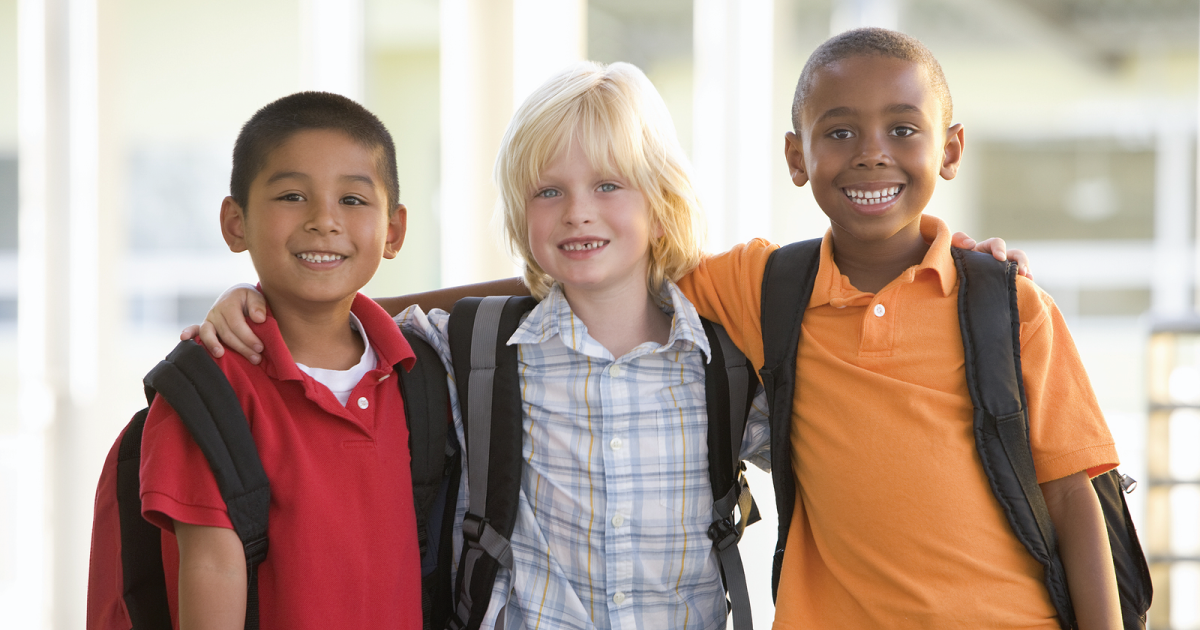
The Youngest Pandemic Children Are Now in School, and Struggling
Teachers this year saw the effects of the pandemic’s stress and isolation on young students: Some can barely speak, sit still or even hold a pencil
July 01, 2024 | Source: New York Times | by Claire Cain Miller and Sarah Mervosh
The pandemic’s babies, toddlers and preschoolers are now school-age, and the impact on them is becoming increasingly clear: Many are showing signs of being academically and developmentally behind.
Interviews with more than two dozen teachers, pediatricians and early childhood experts depicted a generation less likely to have age-appropriate skills — to be able to hold a pencil, communicate their needs, identify shapes and letters, manage their emotions or solve problems with peers.
A variety of scientific evidence has also found that the pandemic seems to have affected some young children’s early development. Boys were more affected than girls, studies have found.
“I definitely think children born then have had developmental challenges compared to prior years,” said Dr. Jaime Peterson, a pediatrician at Oregon Health and Science University, whose research is on kindergarten readiness. “We asked them to wear masks, not see adults, not play with kids. We really severed those interactions, and you don’t get that time back for kids.”
The pandemic’s effect on older children — who were sent home during school closures, and lost significant ground in math and reading — has been well documented. But the impact on the youngest children is in some ways surprising: They were not in formal school when the pandemic began, and at an age when children spend a lot of time at home anyway.
